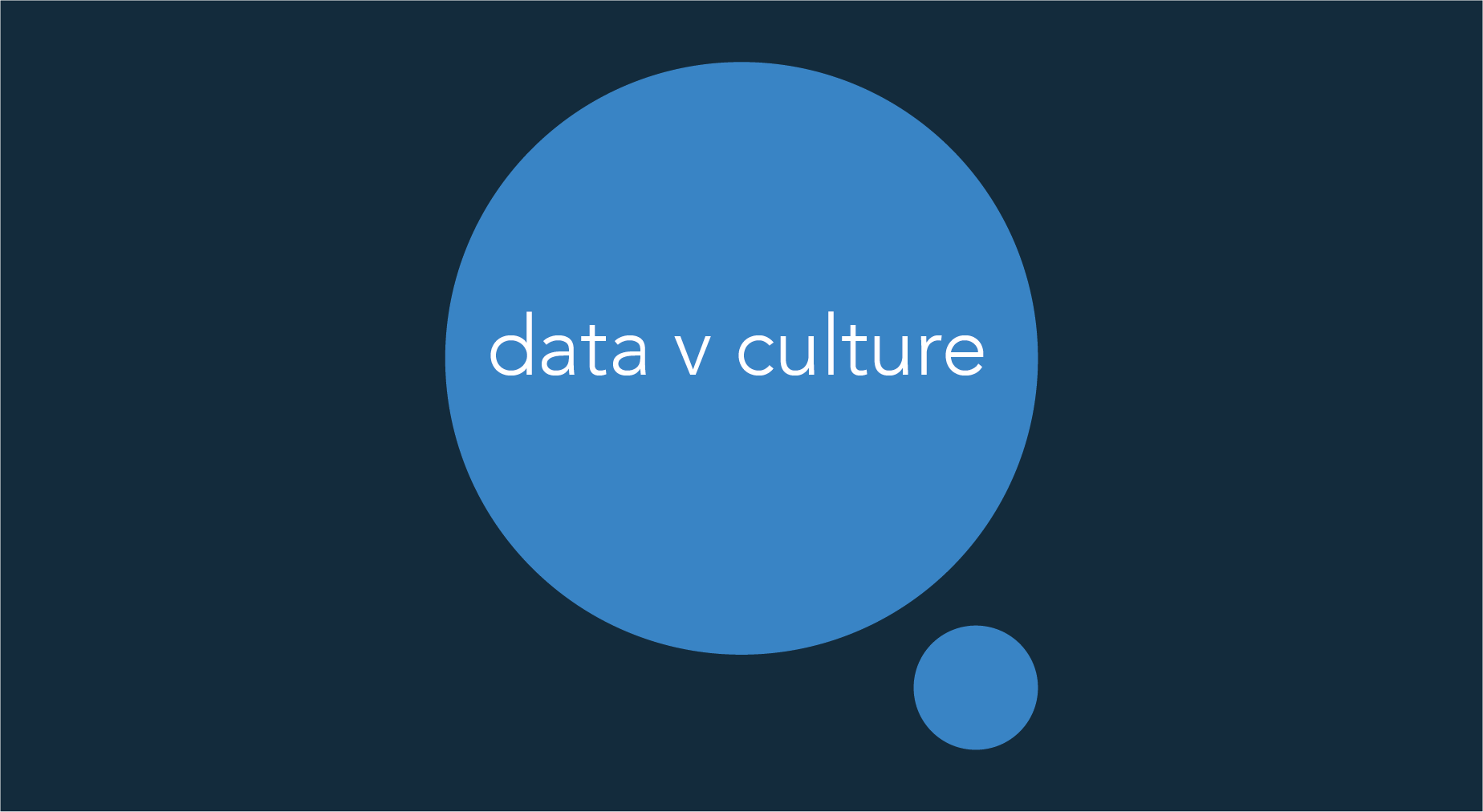Change Management and CRM
Previn Karian
Change Management and CRM
In the mid-90s, Customer Relationship Management (CRM) was a thing. Strategic formulation based on Brand integration with database marketing had appeared in the literature. CRM was not an idle piece of software. It was a customer centred, customer focused, customer attuned and organisational evolution of strategy.
No one listened to the customer then, and no one listens to the customer now. Senge (2006) cites examples where the Marketing Senior VP warns the company about necessary changes, only to be ignored or dismissed by senior financial staff, to the ruin and collapse that had to follow. Recently, a "people analytics" expert claimed that only through advanced software was it possible to see why a company kept losing its biggest clients. This kept occurring every time a major Health and Safety accident occurred, resulting in a loss of confidence in the supplier and their standards. Any Marketing Manager, Director or VP would have applied the obvious 101 response: ask the customer.
This staggering blindness and wilful ignoring of customers and what they mean to business strategy persists in Board rooms. The arrogance of financial values that do not understand business growth through customer relationships, resort to cost cutting, asset stripping, sale of business or acquisition of business, destroying the singular most important element of any business: the customer. At Opus Psycheia, CRM is the fulcrum from which organisational or business change is analysed and presented.
How does CRM formulate your business strategy?
If you are a business leader looking for strategic implementation, transformation or a business review, get in touch now.
Thinking from Opus Psycheia

However well designed, courses are general principles which usually run into conflict with every day realities in the business world. The difference between the coach and the course comes down to learning styles. Courses make you feel as if you know something or have learned something. When you come to apply this to business, your learning can quickly vanish into thin air. So what did you actually learn? Courses give you principles, but they cannot give you application. That is something you have to do personally. When you can't, you need a coach. Coaching is a different type of learning. A coach helps you to achieve application of principles or knowledge that you cannot put into action. Sometimes this is because you have personal resistances that you cannot see. At other times, it is because your business environment is far too hostile and brings down all the things you have learned on the course. The coach aims at personalising your learnings, materialising your goals, and "making it happen". This requires insight, knowledge, understanding, and most of all, a sense of judgment and perspective that you cannot have because you are in the middle of everything. The best sports coaches are never world champions or title holders. Their coaching is based on seeing what is needed. That "sight" is actually "insight". The coach is a reflective mirror who sees you as you are, not how you like to think you are. They are armed with techniques and toolkits that can release you into your own progress in well defined stages. They also "see" the resistances in your business context. These can depend on company size or how you manage critical business relationships with staff and customers. And they know how far they can take you before you need another coach. If courses are working for you, keep going. But if you're reaching the end of the road, make sure you make the smart move and find coaches to help you on your journey.

Who needs a coach when you can go on a course? The business world is awash with courses. Online, webinar, YouTube, blogs, company seminars, in-house, out-sourced, professional/ institutional accredited qualifications, certificates and diplomas, continuous professional development, books. There are a myriad courses within each of these outlets for which a business person becomes a consumer target. So who needs a coach when you can figure things out yourself? The idea that you can do everything on your own is a specific mental state. And it's not "narcissistic". It is a state known as "omniscient fantasy" – the feeling that you have a God-like ability to control your future and create it alone. It is a hugely driven, manic, high-energy, high-octane, secretly determined, obsessive lifestyle. Your mind is constantly filled with noisy lists of things to do, emails to read/write, calls to make, goals to set, goals to reach, customers and staff to please – and courses to go on. Courses can have a very beneficial impact on broadening your horizons or opening new possibilities. Sometimes they are professionally necessary. They demand discipline and sacrifice of time that can bring rewards and returns to your business world. In the short-term, they can get you through a stuck place. Strangely, this does not apply to professional sports. In sports, the coach is absolute. The coach literally defines your professional capacity, level and ranking. The greats in the sports always speak of the coaches who mentored or inspired them to move to the next level. They are also unafraid of changing coaches when the time is right to do so. So why does the same not apply to business?

For companies who have emerged intact from the Covid crisis, new strategies of adaptability, innovation, and getting ahead of the curve have been allowed in previously unthinkable ways. Every company and organisation had to invest in their workforce and customer base requirements and make changes under duress. It became clear without doubt that the workforce and the client base define the existence of any business. Stimulus cheques aplenty have appeared like unicorns, even though we can’t find the magic money tree where those unicorns live. The unicorns have shown where business ‘value’ resides. Researchers at McKinsey are predicting that after the euphoria and triumph, there will be a huge cost to businesses regarding the wellbeing of their workforce that may continue for the next two years. The adaptability and change, including the intrusion of work into private homes and private life, have created an increase of stress, exhaustion, depression, anxiety and complete burnout. This is predicted to result in withdrawal from work through illness, absenteeism or poor performance. It is aggravated by managers and Board members who proclaim triumphant results when the workforce is depleted. Covid provides an opportunity for leaders to reconnect with their workforce in new and different ways. Leaders can find new interactions that recognise and support the mental and emotional realities of what their own people have lived through. Innovative solutions to make use of mental health strategies (EAPs as a minimum) along with group work can restore or revive a leader-team relationship after the crisis. The shift in leadership is from the braggadocios to empathy. What can you do to connect with your workforce? If you are a business leader looking for strategic implementation, transformation or a business review, get in touch now.

The turn to IT driven organisations was in the name of efficiency and improved productivity. If we see the data, we can make more informed decisions and develop software that automates tasks in a fraction of human time. Or so we were told. The reality has shown a shift of inefficiency onto IT processes, typically over budget, drastically behind time, increasing silos and departmental conflicts, with a low quality delivery that is out of date or behind the market by the time it is put into operational use. What's going on? Whilst data is sold as the gold of organisational high performance, the problem lies with the manipulation of data, now occurring on a worldwide scale at the highest levels of political and social organisation. Businesses are not exempt from this epidemic. Data is highly vulnerable to distortion where self-interest, self-promotion or power interests (for Board Directors or shareholders) use data to do the opposite of its function to reveal facts. The world of messaging and creating messages that sell has a greater force than a world of data that reveals the facts of an organisation. In business, such distortion will be fatal in the long run. But by then, the culprits have left the building to pursue the next step in their careers. This has shifted a new burden of responsibility onto people and culture. Data is meaningless without cultures of high trust, transparency, open communication and team structures with leadership that are supportive rather than punishing regimes. W. Edwards Deming asked us not to blame people, to eliminate fear and look at systems and their processes instead. To state the obvious: culture rules data. The institution of cultures of transformation, high quality, high performance, involve people first. Without such cultures and work ethic, data is meaningless and twisted to a personal gain. Equally, cultures cannot thrive on their own without the facts of the business: the data. Software systems and process efficiencies do need to be developed as reliable reports. But even here, conflicts in data hiding between development and operational teams are commonplace, ironically, where Agile and project management are used. Change management requires tools in psychology and business process engineering to hold both processes in place. If you are a business leader looking for strategic implementation, transformation or a business review, get in touch now.


